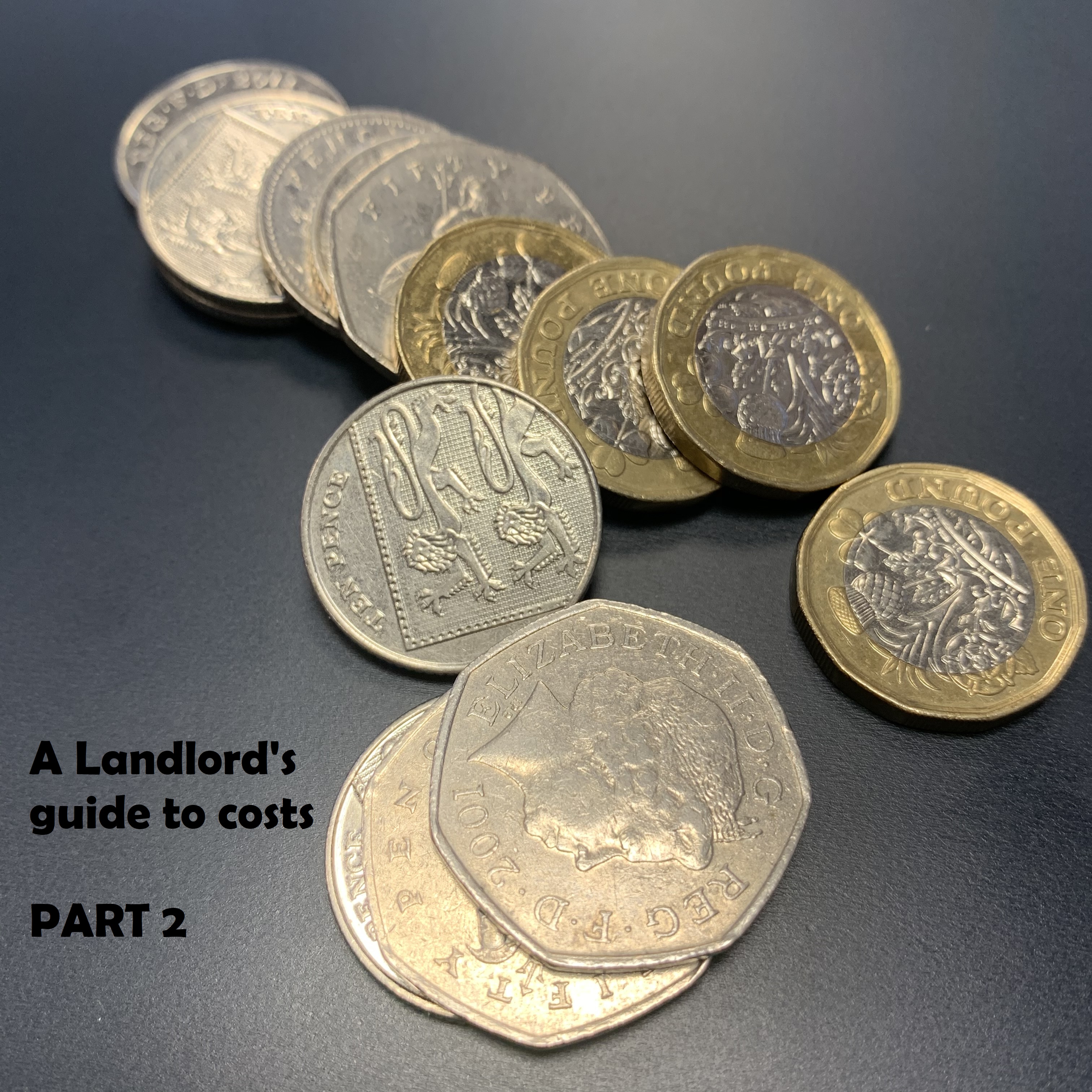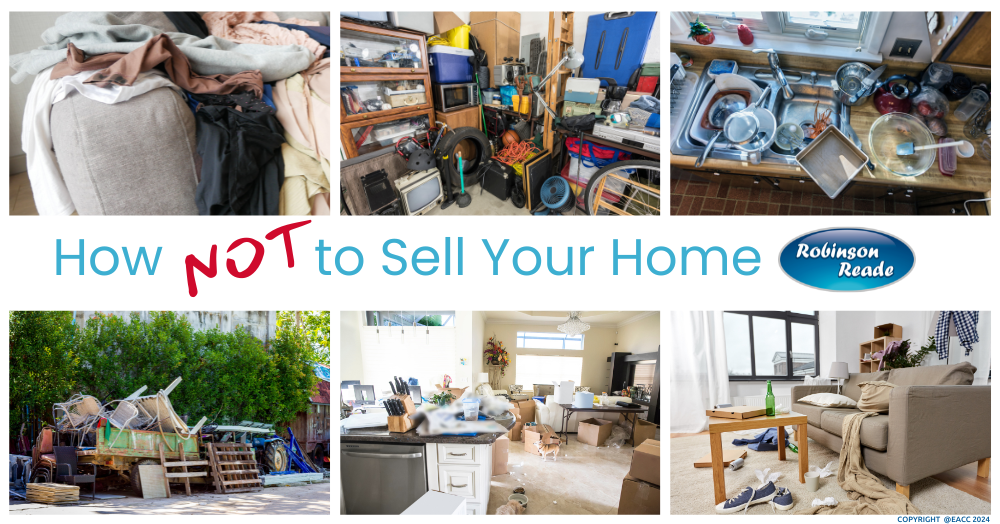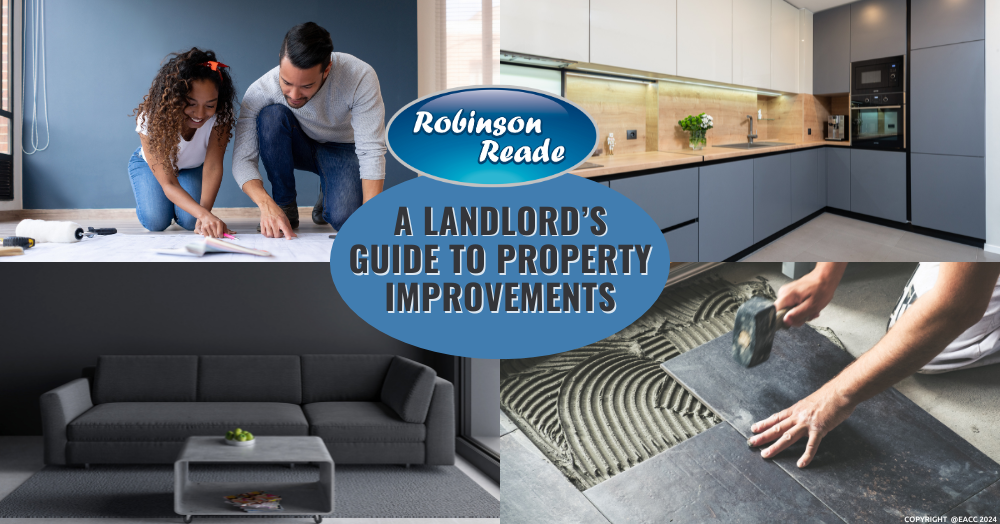If you’ve got a property you want to rent out, you’ll need to be aware of the potential costs involved. Here’s the second of our three part guide to landlord...
If you’ve got a property you want to rent out, you’ll need to be aware of the potential costs involved. Here’s the second of our three part guide to landlord costs in association with Propertymark.
Repairs/renovations
As a landlord, you must ensure your property is fit for human habitation and follows any legislation for where you are in the UK, such as minimum energy efficiency standards, carbon monoxide regulations, gas safety and fire safety. These costs should never be overlooked, as doing so can lead to fines or court convictions.
Make sure you have a budget aside for any safety renovations needed for a property, particularly if they are older or in a state of disrepair.
You may also decide to renovate the property if it is dated or unappealing. Doing so may not only increase the price of the property but make it more appealing to tenants and even increase the amount of rent you could charge.
A good renovation might also reduce the risk of future repairs needed on the property, saving you money in the long run.
Safety checks
Your property will need legal safety checks and features before and during a tenancy to ensure the property is safe and following the law.
These include:
- Energy Performance Certificate (EPC)
- Valid for 10 years
- Gas Safety Certificate
- Annual cost
- Higher costs for properties with more gas appliances
- Smoke detectors
- Must be installed on every level of the property
- Carbon monoxide detectors
- Needed in rooms with solid fuel-burning appliances
- Electrical Installation Condition Report
- Not a legal requirement but a necessary safety addition – how can you be sure that your property is electrically safe without one?
The cost of these can’t be ignored, as they are important to the tenant’s ongoing safety.
Landlord insurance
There are certain insurance policies available to landlords to protect them against any potential losses, these include:
- Buildings insurance – for potential damage to the property’s structure or built-in features.
- Loss of rent insurance – when you’re unable to rent out your property through no fault of your own (such as due to a flood or fire), this covers the potential rent lost.
- Tenant default/rent guarantee insurance – covers any rent lost due to the tenant not paying.
- Contents insurance – covers any contents that you have provided/own, tenants should get their own contents insurance for their own belongings.
- Liability insurance – covers any legal costs if you are taken to court, i.e. if the property causes injury to a tenant or visitor.
Shop around for different insurance providers to see which ones offer cover that applies to you most. Although there is a cost involved with insurance, the savings and compensation offered, in the long run, is invaluable.
Legal fees
If you are serving a notice, taking a tenant to court, or a tenant is taking you to court, there will likely be costs involved. Some insurance may cover any potential legal costs that come with being a landlord, but it is important to keep in mind that court is often a last resort for a landlord. By ensuring your responsibilities as a landlord are upheld and you have followed the law correctly, you can avoid court altogether or make your case more likely to win.
Furnishings
You may decide to furnish the property before a tenant moves in. Whether you furnish or not depends on what kind of tenant you hope to attract. For example, students and young professionals are unlikely to be able to afford to fully furnish a property themselves, so will actively look for properties that are fully furnished.
Cleaning
Before a tenancy begins, you may wish to have the property thoroughly and professionally cleaned. This will not only help attract potential tenants but also make things easier when they leave the property, as tenancy agreements require tenants to return the property in a similar state to the start of the tenancy. If they don’t, you may be able to deduct from their deposit to cover cleaning costs.
By using an ARLA Propertymark Protected Agent, you’ll have added protection, as our agents hold professional qualifications, regularly undertake training and adhere to a strict code of practice.
Thanks for reading … if you would like to chat about anything lettings, please give us a call – we’d love to get to know you!

Emma Macgregor MARLA
Lettings Manager
PS: if you are looking for a ‘smart let’ (www.robinsonreade.co.uk/quick-let-or-smart-let/) call us today on 01489 579009 or email us at lettings@robinsonreade.co.uk for honest, expert and friendly advice.



 by
by 


 by
by
Share this with
Email
Facebook
Messenger
Twitter
Pinterest
LinkedIn
Copy this link